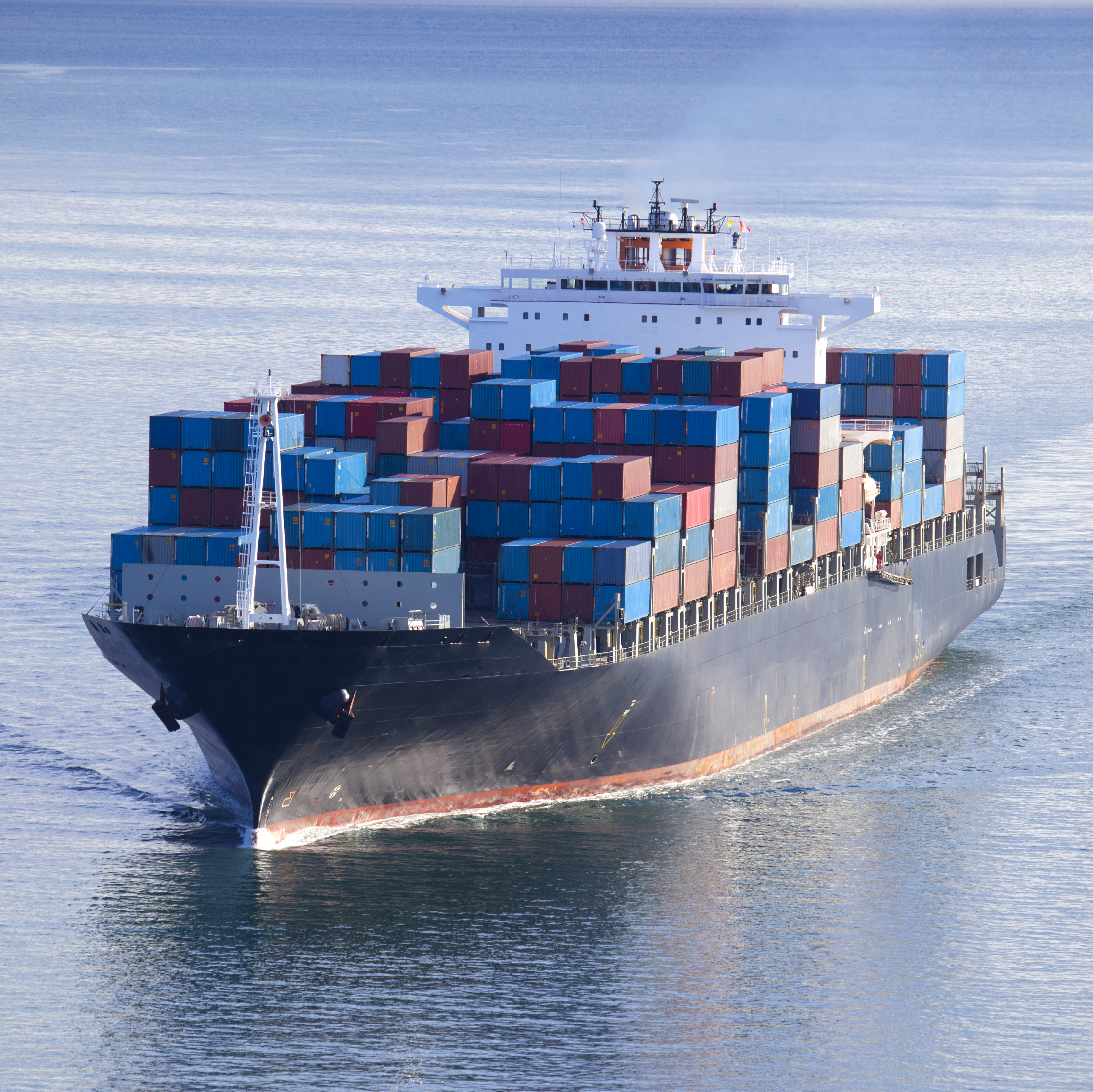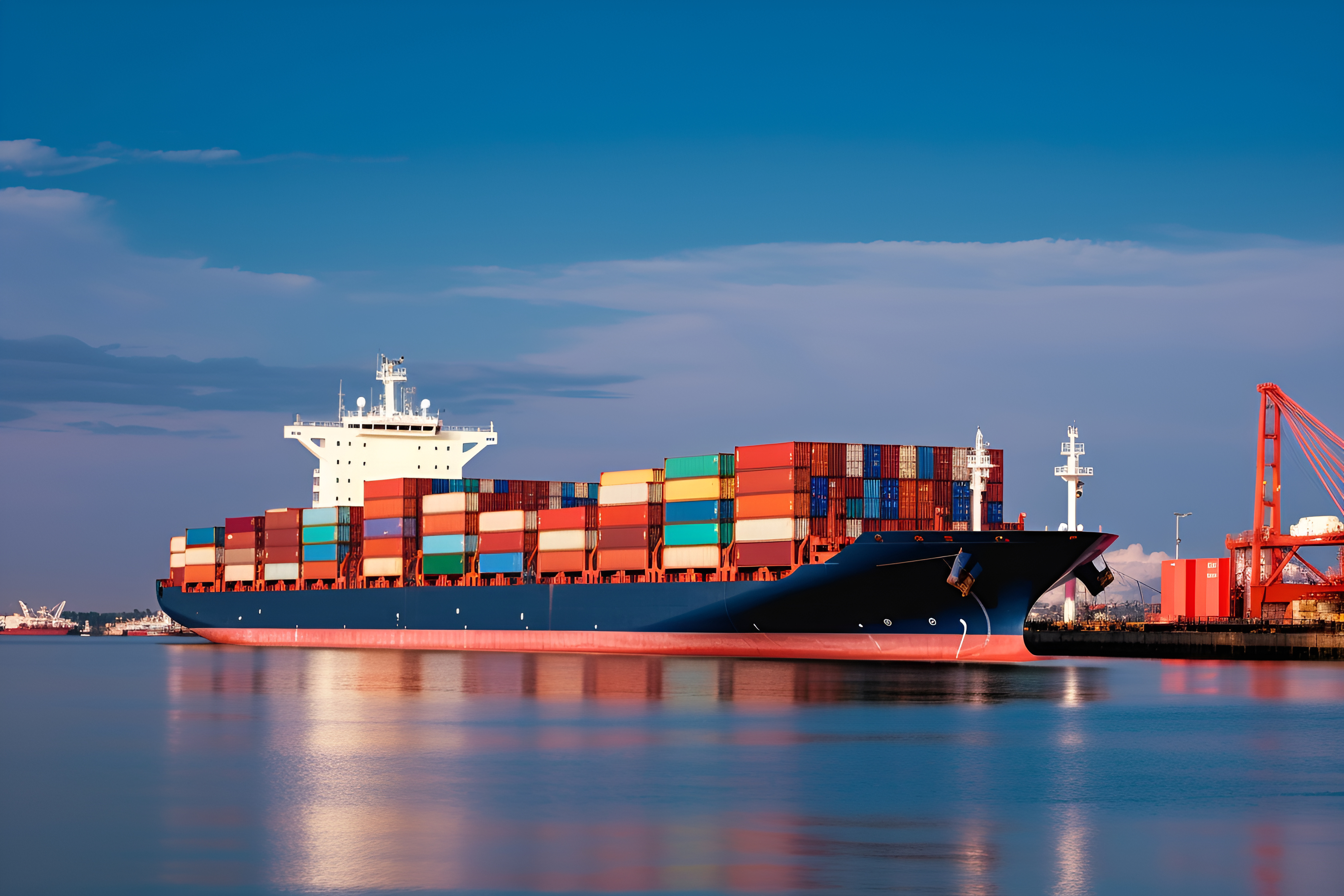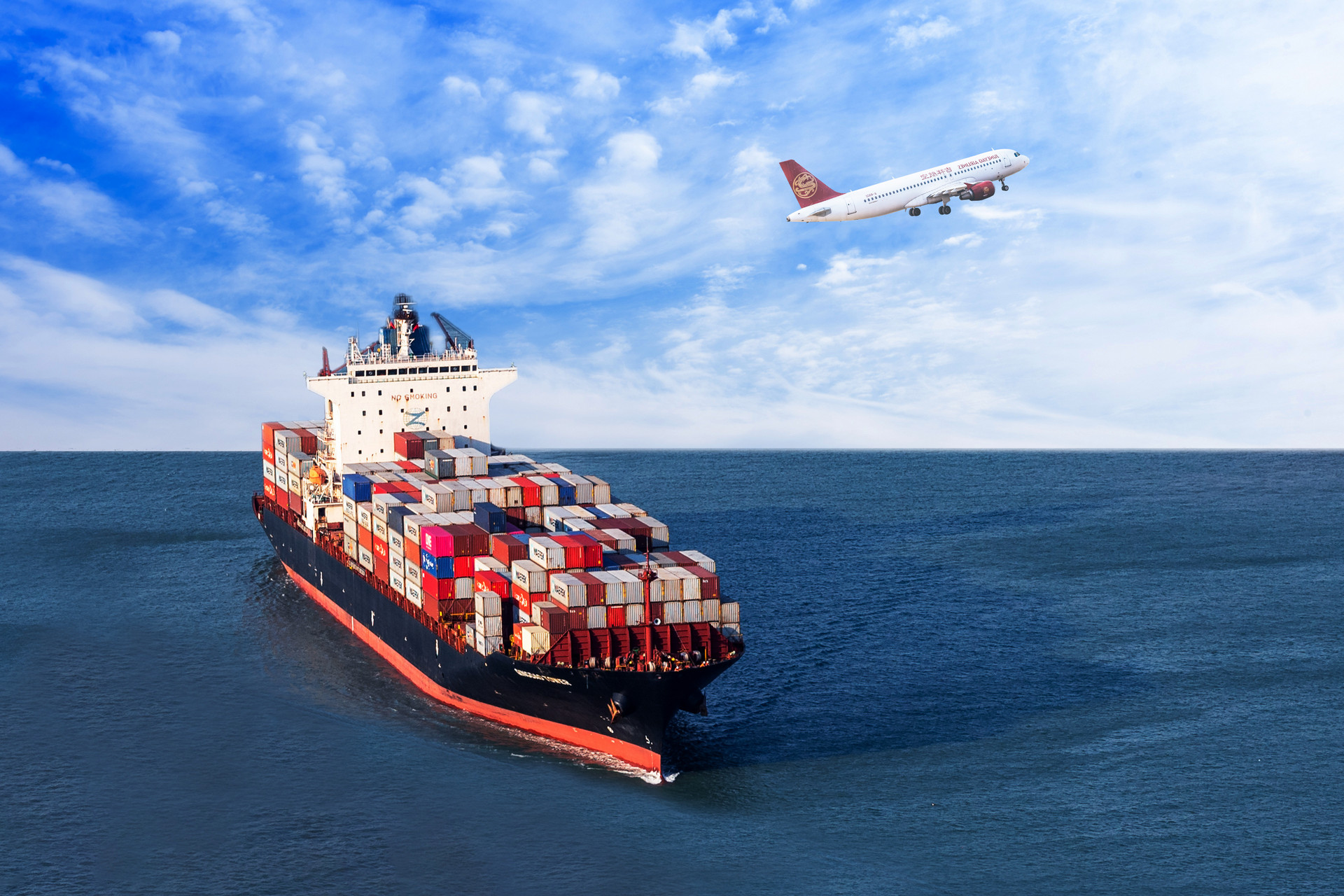In international trade, FOB (Free On Board) is a common trade term that means that after the seller loads the goods onto the ship at the loading port, all costs and risks are borne by the buyer. The specific meaning of FOB is as follows:
The main content of FOB
Cost bearing
Seller's responsibility: The seller is responsible for transporting the goods to the designated loading port, completing the loading procedures, and bearing the costs and risks during the loading process of the goods.
Buyer's responsibility: From the starting point of loading the goods onto the ship, all costs (including transportation fees, insurance fees, and other expenses) and risks (including damage, loss, etc.) shall be borne by the buyer.
Port of Loading
Under FOB terms, the seller's responsibility is usually to load the goods and handle export procedures at the loading port. Therefore, FOB terms require the loading port to be clearly specified in the contract.
Risk transfer
The risk is transferred from the seller to the buyer when the goods are loaded onto the ship. This means that once the goods are loaded onto the ship, the buyer will bear the subsequent transportation risks, including damage, loss, etc. during transportation.
Price composition

The FOB price includes the costs borne by the seller at the loading port, such as the loading fee of the goods, export tariffs, etc. The buyer is responsible for paying the freight, insurance, and other fees from the loading port to the destination.
FOB variants
FOB (Named Port of Shipment): Specify the loading port. For example, FOB Shanghai means that the seller ships the goods in Shanghai, and the subsequent costs and risks are borne by the buyer.
FOB (Named Port of Destination): Although this variant is not very common, it is sometimes used in specific contracts to specify the destination port.
Comparison between FOB and other terms
CIF (Cost, Insurance, and Freight): Unlike FOB, under CIF terms, the seller is required to bear the cost of transporting the goods to the destination port as well as the insurance premium.
EXW (Ex Works): The seller's responsibility is minimal, as they only need to hand over the goods to the buyer at their premises (such as factories, warehouses), and the buyer will bear the transportation and all costs.
Application scenarios of FOB
FOB terms apply to goods transported by sea or inland waterway, as the "loading" process typically involves the operation of the vessel and the loading port.
Understanding the meaning of FOB can help both buyers and sellers clarify responsibilities and allocate costs, avoiding disputes arising from unclear responsibilities. It is very important to ensure that both parties have a consistent understanding of FOB when formulating contract terms.
If you need international logistics services, please contact us and we will serve you wholeheartedly!











